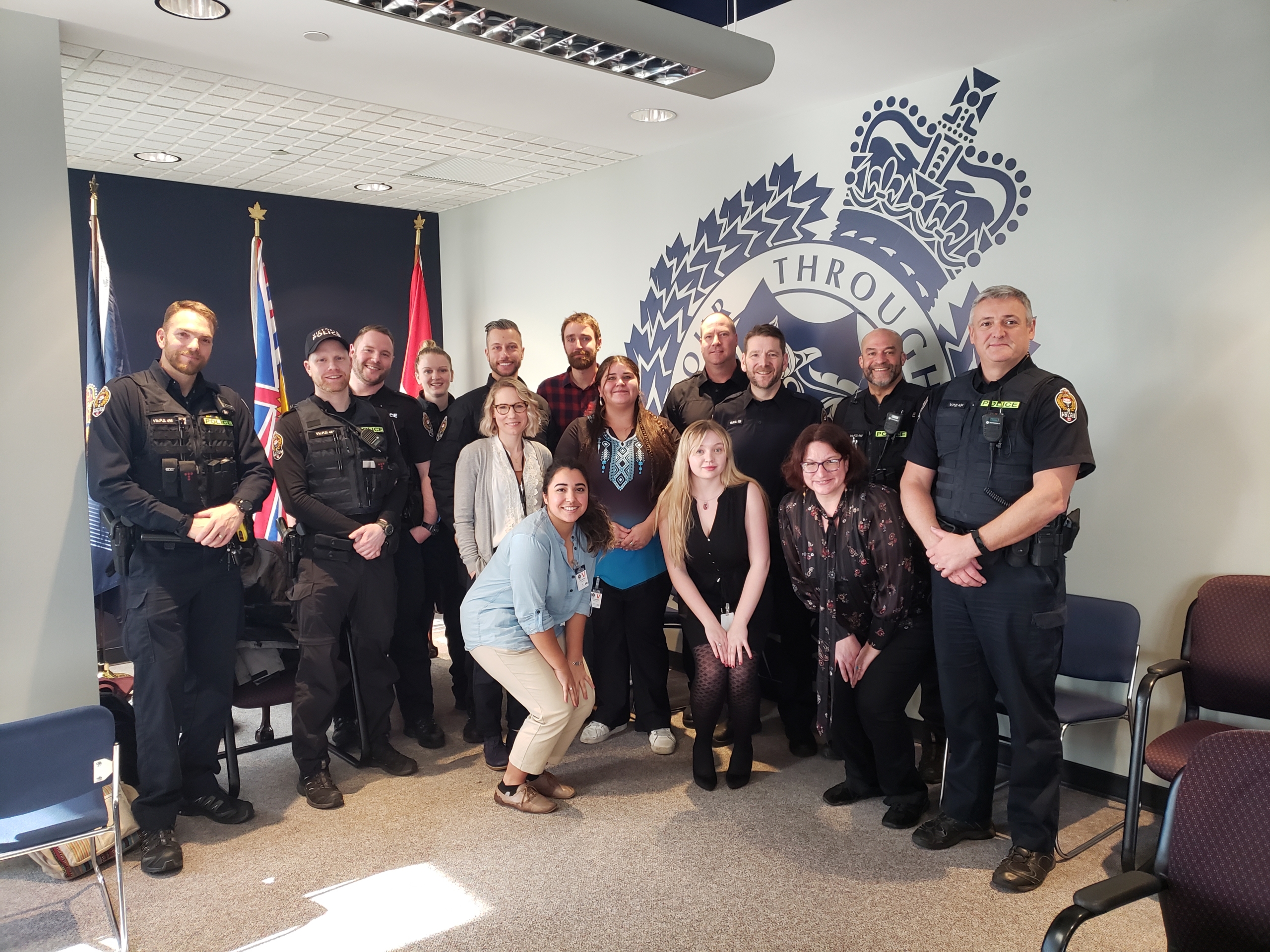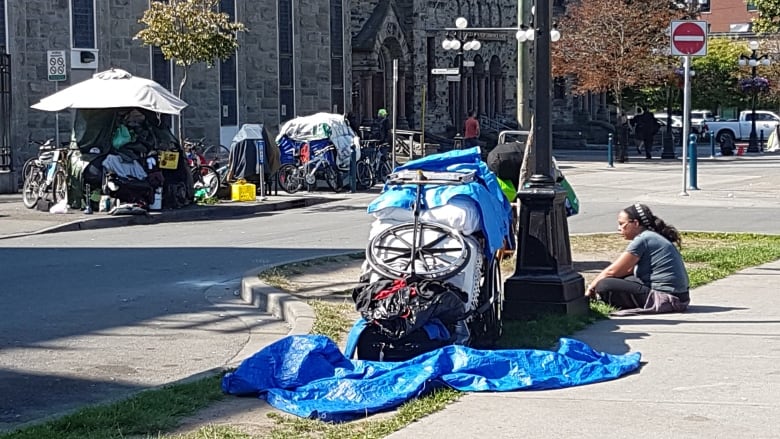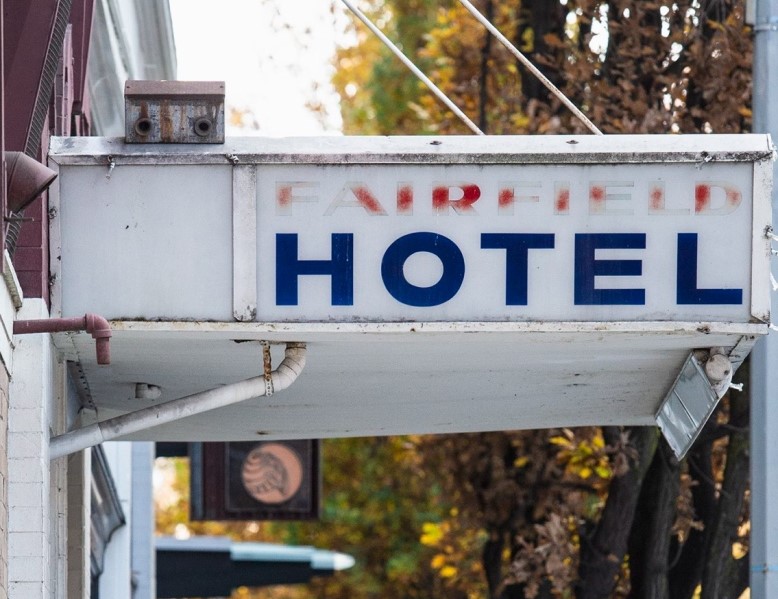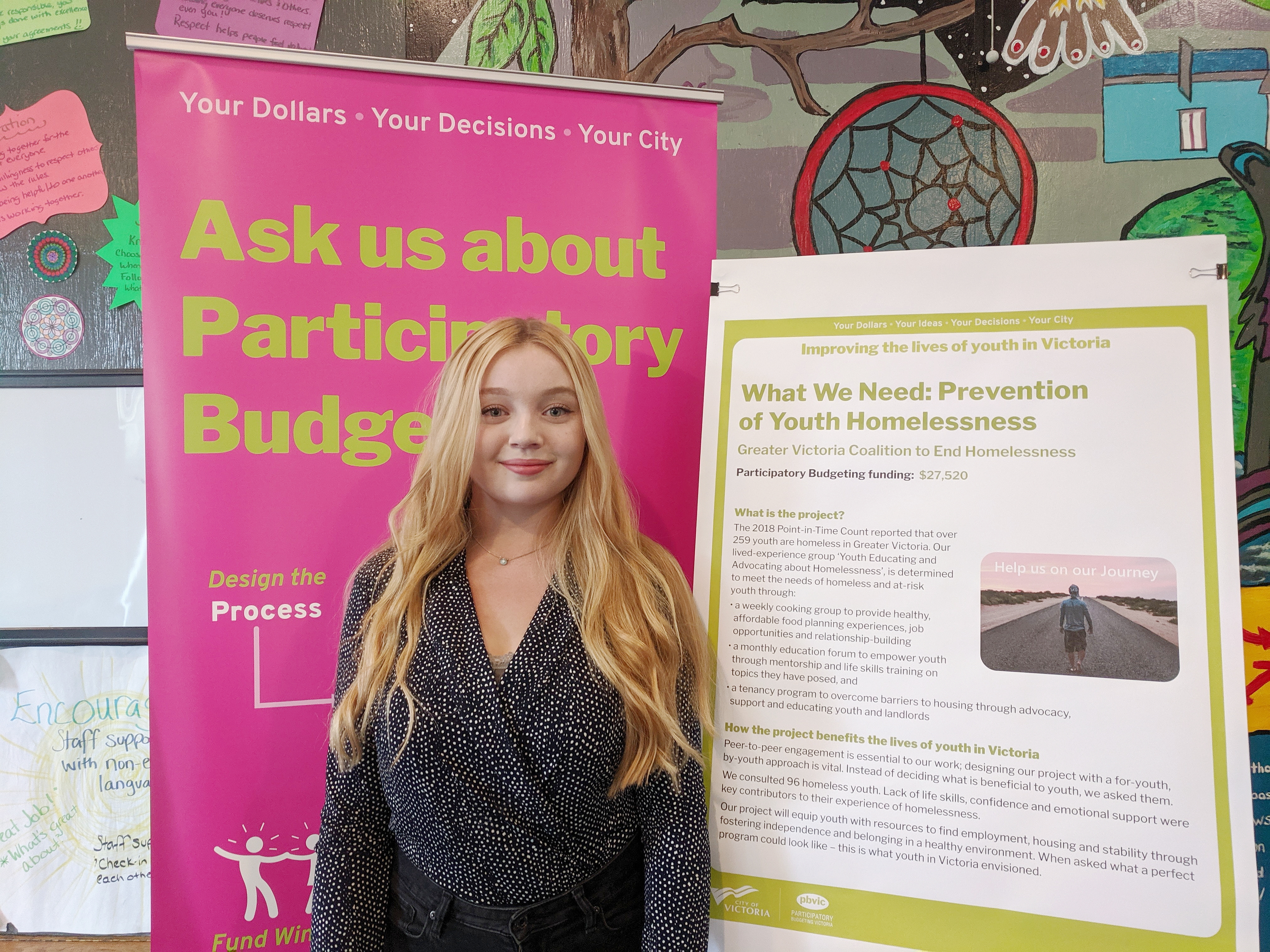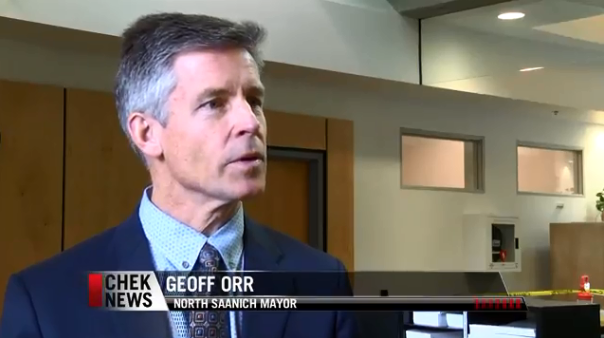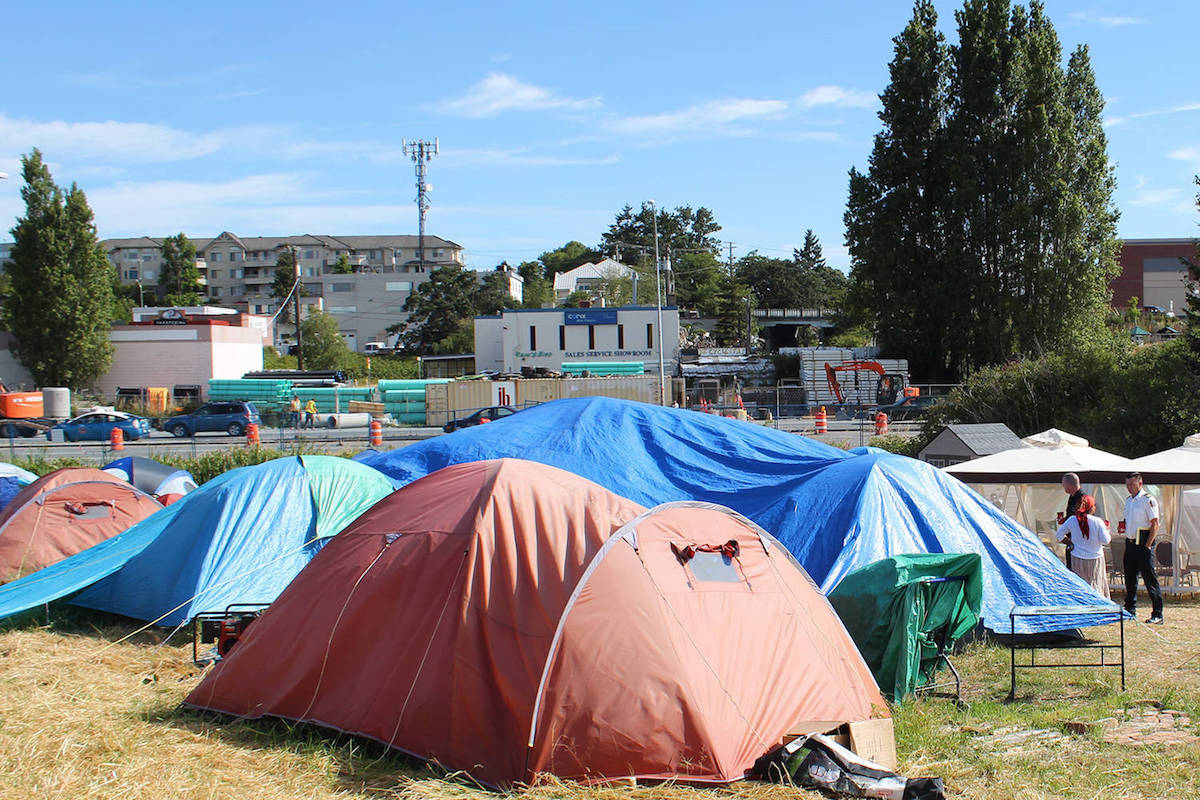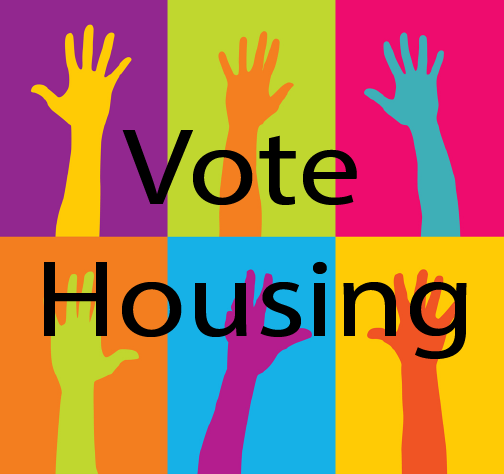In advance of the BC General Local Elections on October 20, 2018, the Downtown Service Providers* have circulated the following questions on housing and homelessness to candidates for mayor, councillor and CRD director in all 13 municipalities of the capital regional district.
All received responses are posted in spreadsheets linked below. If there is no link for your municipality, no responses were submitted and you are encouraged to ask your candidates for their answers directly. Responses have been posted as they arrived and have not been corrected for spelling, language use, etc.
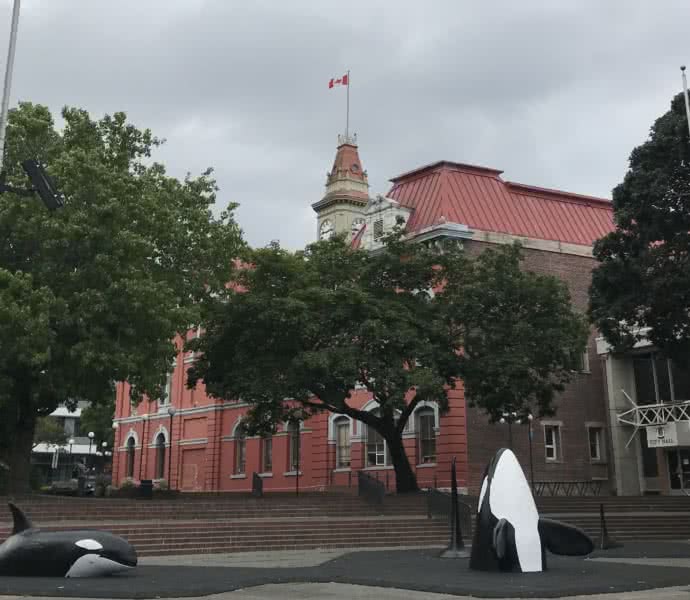 Municipalities
Municipalities
Questions
- What responsibility do you think local governments have to address the safety and public health hazards faced by individuals in our community who are unhoused and living on the streets or in parks? Are there any specific actions or initiatives that you would support or oppose?
- What is your understanding of the barriers encountered by the Indigenous people experiencing homelessness to access secure housing, and what actions do you think municipal government can implement to assist organizations like the Aboriginal Coalition to End Homelessness (ACEH) to address these barriers?
- The Greater Victoria Coalition to End Homelessness has made the following recommendations to regional and municipal governments in its Phase 2, Year 2 Community Plan:
- Engage with community agencies and people with lived experience of homelessness in identifying and developing homelessness, housing and support services solutions
- Prioritize the development of housing options for individuals experiencing and at-imminent risk of homelessness
- Reduce the costs of developing and operating non-profit housing by reducing or waiving property taxes and municipal fees
- Set a minimum number of affordable units to be included in each development, or set equivalent funding contributions to a municipal affordable housing fundDo you support these recommendations? If so, what specific actions are you prepared to take to implement them? If not, why not?
- Do you think it is acceptable at land use committee meetings or public hearings for people to ask questions about or comment on the economic or health status of individuals who may live in the developments under consideration? If yes, why? If not, what actions will you take to prevent this?
- What role do you think local governments should take regarding harm reduction initiatives such as Overdose Prevention Units and Supervised Consumption sites? Are there any specific actions or initiatives that you would support or oppose?
NOTES:
The Downtown Service Providers Committee is comprised of service providers operating in Victoria’s downtown core, or serving populations in the downtown core, that have been meeting monthly since 2002 to share information, coordinate activities, and develop collaborative strategies to address the needs in the downtown core. Membership includes representatives of service delivery organizations, city council, city staff, police, and local businesses, as well as funding, advocacy and social policy agencies.
For information about General Local Elections, please visit the Elections BC Website.
You can contact your local civic government office to check if you are registered to vote.
